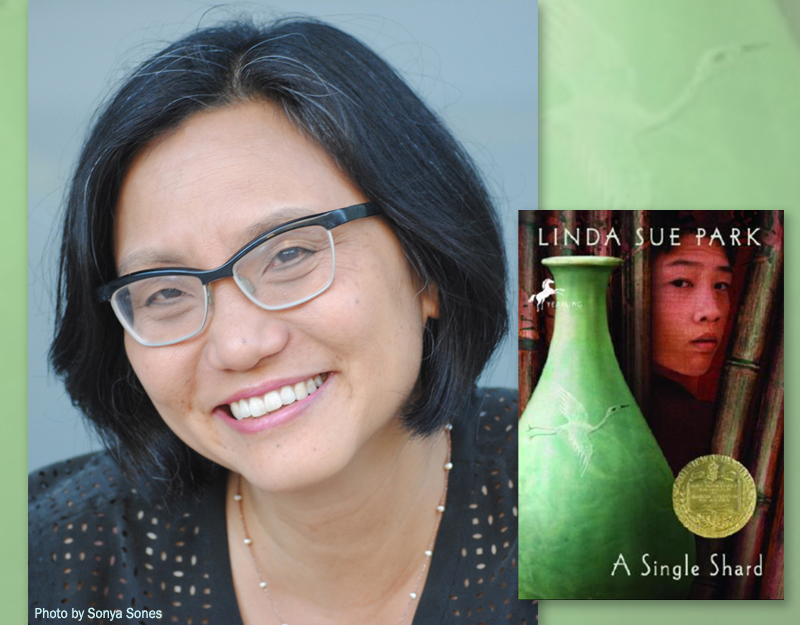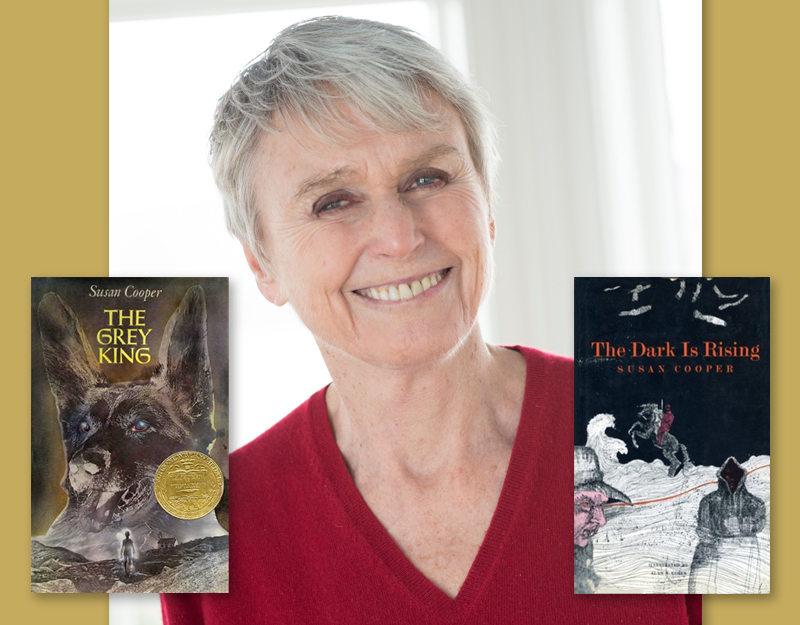Agendas
Yes, Jonathan and I are out there pushing them. What picture book is out there that is Newbery worthy? What book of poetry? How low can you go…and how high? Whose appeal?
Now’s the time of year to out these agendas and explore them…for there’s nothing terribly wrong with an agenda at this stage of award selection, as long as its recognized as such. Agendas do come to the Newbery discussion table of course…but they’re pretty much impossible to move forward in committee discussion. Once at the table, the list set (usually defined by the books that have been formally nominated by committee members), the discussion is focussed exclusively on the Newbery criteria. There are many hours of discussion, but also many titles and many committee members. When I’ve been on the committee, generally we’ve been able to average about 10-12 minutes of discussion per title, leaving room for longer discussion of particularly controversial titles. 15 members: 12 mintues. That means that if you’ve got something to say, you’ve got to be articulate, focussed, and persuasive, and if you don’t speak to the criteria–that is, if you haven’t recognized your agenda or bias and moved past it–your comments will not be effective. Once you’re there at the table, everything else melts away. Past year’s winners…other awards that books may or may not be eligible for…there’s no room for any of it. You’ve got a hotel room, 15 people, two and a half days, and a table full of books. No other books exist in the world but those. One of them is going to be the Newbery medalist. Which one?
ADVERTISEMENT
ADVERTISEMENT
Because of this, many committee members do beat the bushes through the year to make sure that they’ve captured a breadth as well as depth of Newbery contenders…often different committee members taking on a "favorite" genre: a fantasy reader championing fantasy, etc. This isn’t required, and not everyone does it, but it happens naturally, and its part of the reason there are 15 members on the committee, and diversity (of all kinds) stressed in the committee appointments. You want to make sure you’ve got the best of all kinds on the table, once you close the door, sit down, break out the snacks and…start the real agenda.
Filed under: Uncategorized
About Nina Lindsay
Nina Lindsay is the Children's Services Coordinator at the Oakland Public Library, CA. She chaired the 2008 Newbery Committee, and served on the 2004 and 1998 committees. You can reach her at ninalindsay@gmail.com
ADVERTISEMENT
ADVERTISEMENT
SLJ Blog Network
Newbery/Caldecott 2025: Spring Check-In
Ellen Myrick Publisher Preview: Spring 2024 – Cicada, Creston, Diamond, and Eye of Newt
Number Call | Review
Navigating the High School and Academic Library Policy Landscape Around Dual Enrollment Students
Book Review: Dispatches from Parts Unknown by Bryan Bliss
ADVERTISEMENT








Are you sure it will “happen naturally?” What if you leave it to happen naturally, but great books get missed? Is there any kind of count to identify books that have not been read by any committee member? For example, what about a 500 page fantasy that the fantasy reader doesn’t get to and others pass on because the think she will read it?
Good questions anon. Well, if it doesn’t happen naturally I can promise you that the chair encourages it. In my experience it always has. I promise you the committee members are watching us even now, and any other media talking about children’s books, to make sure they haven’t missed anything.
There is no count on what’s been missed, but every committee member is expected to *consider* everything. That doesn’t mean reading everything fully, because you can’t. But you don’t actually know–until this time of year–who is reading and championing what, so people can’t really *pass* in the expectation that someone else will take care of it. Every month each committee member sends the chair a list of *suggested* titles, and the chair compiles these into an anonymous list. It’s a way to put something out there you think is a potential contender, and force everyone else on your committee to read it fully.
It’s not foolproof, of course. The *most distinguished contribution to American literature for children* can’t be an objective measure. But the Newbery process does try to make it a *consensus* measure, with as much rigor and as little bias as possible.